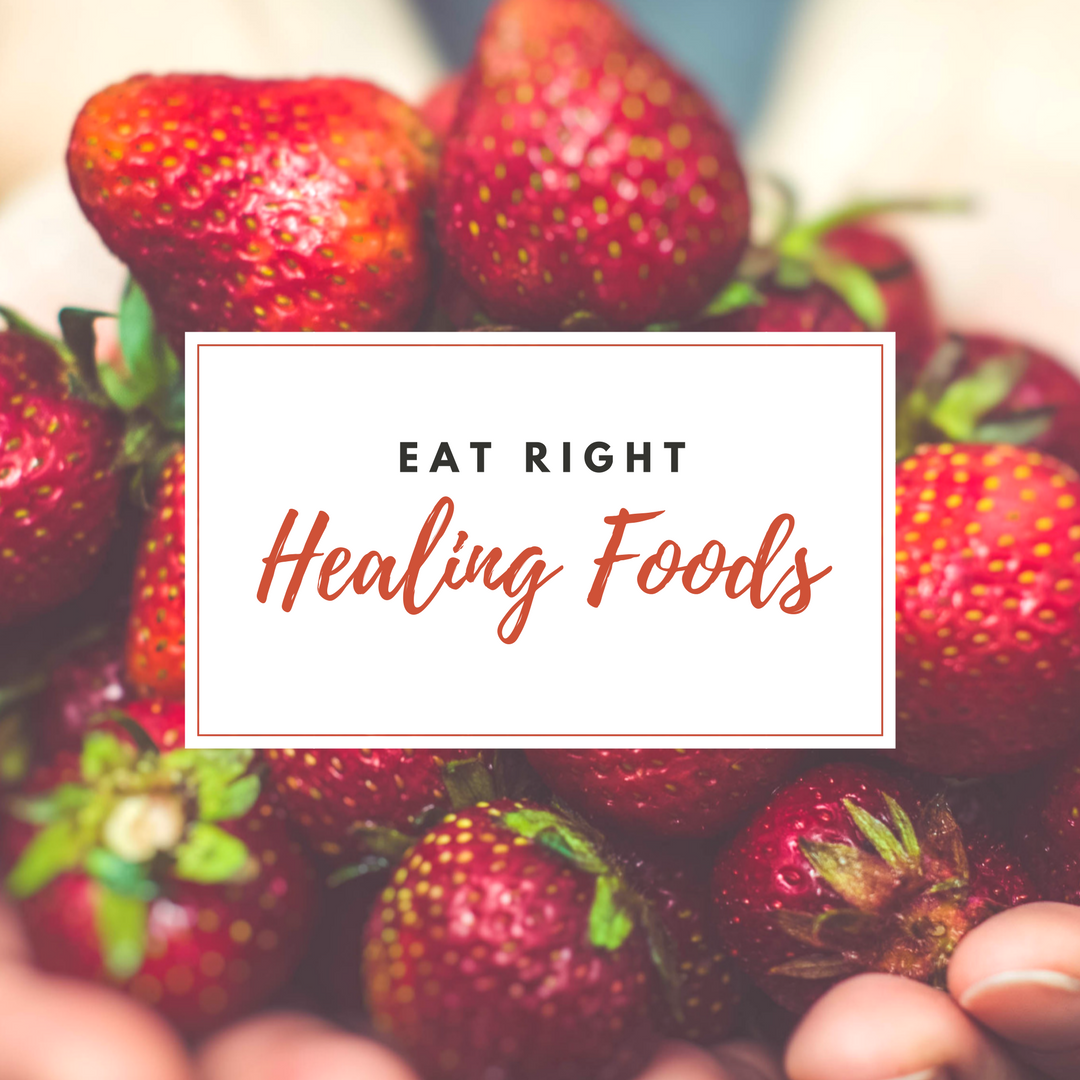As a volleyball player, getting hurt happens. Injuries can be a super downer to your momentum and psyche. It can be disheartening and frustrating when you can’t train to your full capacity. Thankfully, food is another component. Your body is built to heal from the inside out. Eating foods to support recovery is extremely important in the healing process. Vitamin C, also known as ascorbic acid, is required to synthesize collagen. Collagen is a protein your body uses to make connective tissues such as tendons, ligaments and skin.
Read MoreElevating Athlete Nutrition - Coffee, Energy Drinks, and other Caffeinated Beverages
Keeping with the topic of fluids and performance, let’s talk caffeine. Many athletes enjoy a little caffeine lift in the morning, during lunch breaks, before training and during competition. However, the question comes up regarding caffeine and performance. To caffeinate, or not to caffeinate. We can talk about caffeine as a part of a sports diet and try to help you determine if you want to take it, or leave it in regards to your performance. Science does have proof that caffeine can be beneficial for athletic performance. Caffeine has been tested in many studies as an ergogenic aid (ability to enhance physical performance) for endurance and short term-high intensity exercise.
Read MoreElevating Athlete Nutrition - Hydrate
It is no secret, many factors go into making us a star. We’ve talked a lot about the food part of fueling, but, one of the most important aspects to nutrition is actually not food. It’s liquid! Unfortunately, athletes often forget to properly hydrate. A lot of us only think about drinking water when they are thirsty, and by then, it may already be too late. Thirst sensation doesn’t appear until we are around 1 to 2 percent dehydrated. Dehydration can affect athletic performance in a negative way. Mild dehydration can alter one’s mood, energy level and ability to think clearly.
Read More